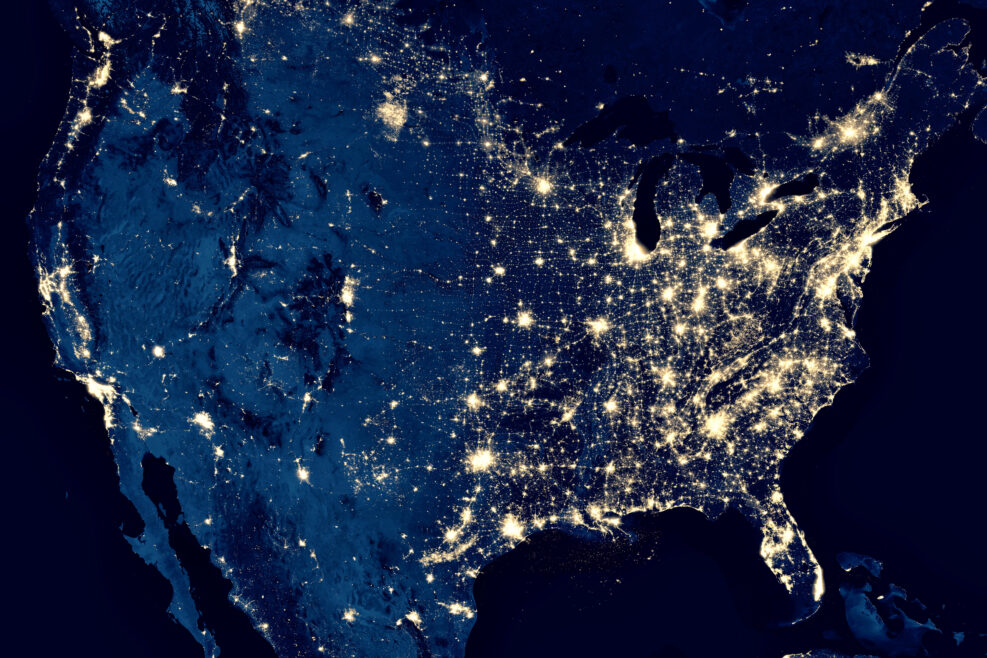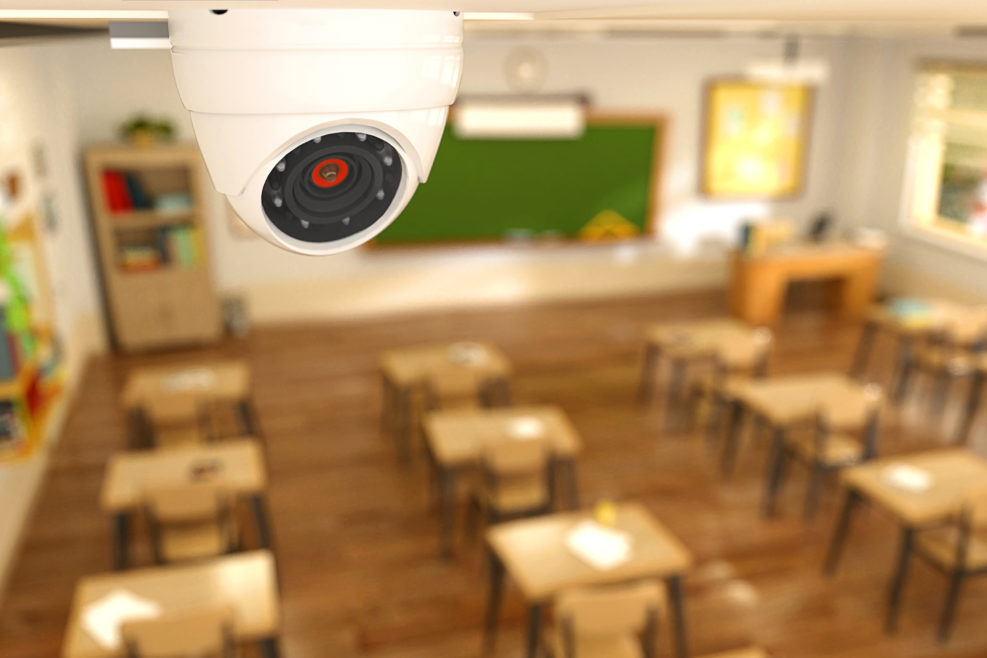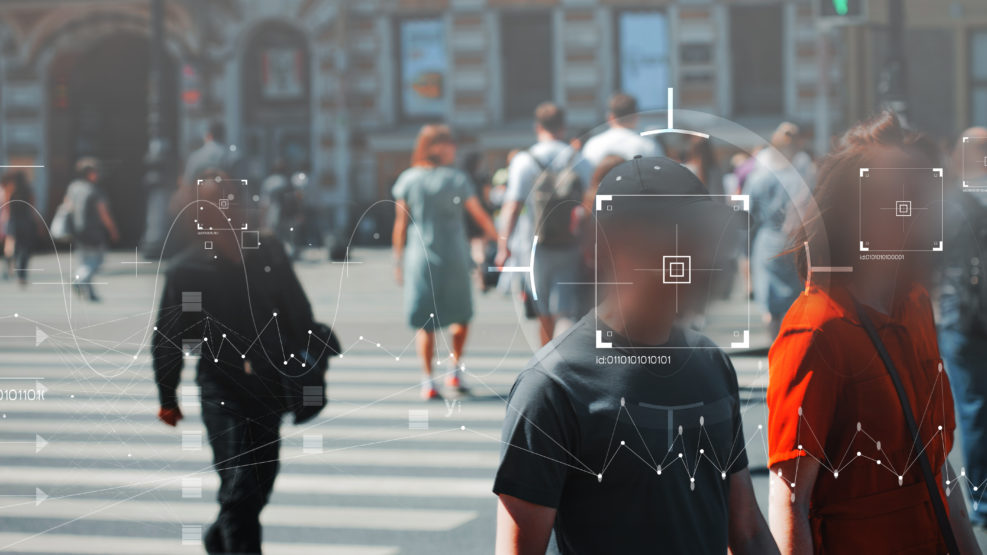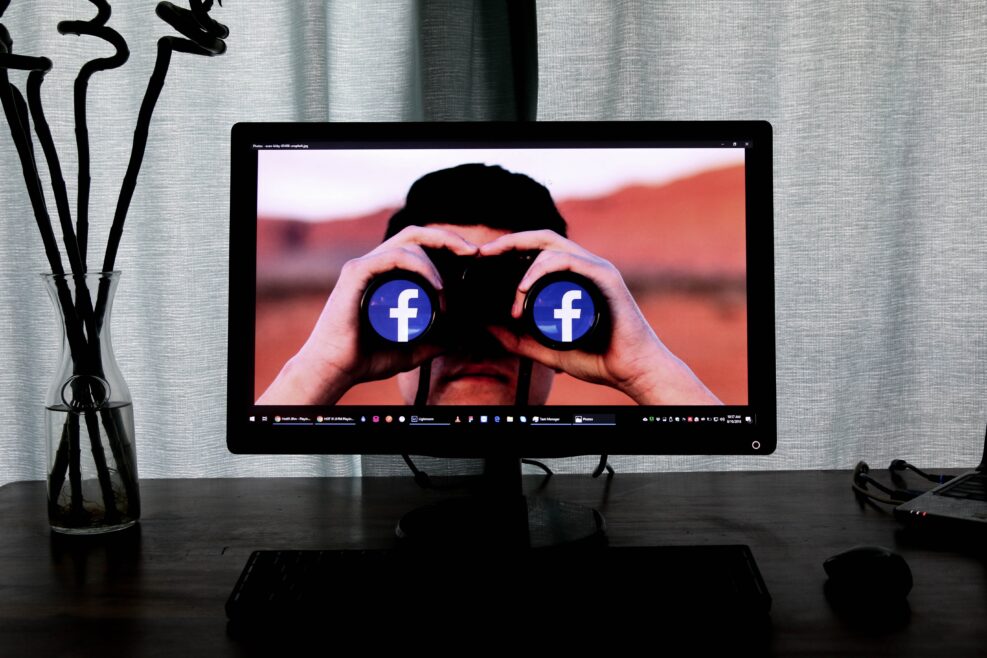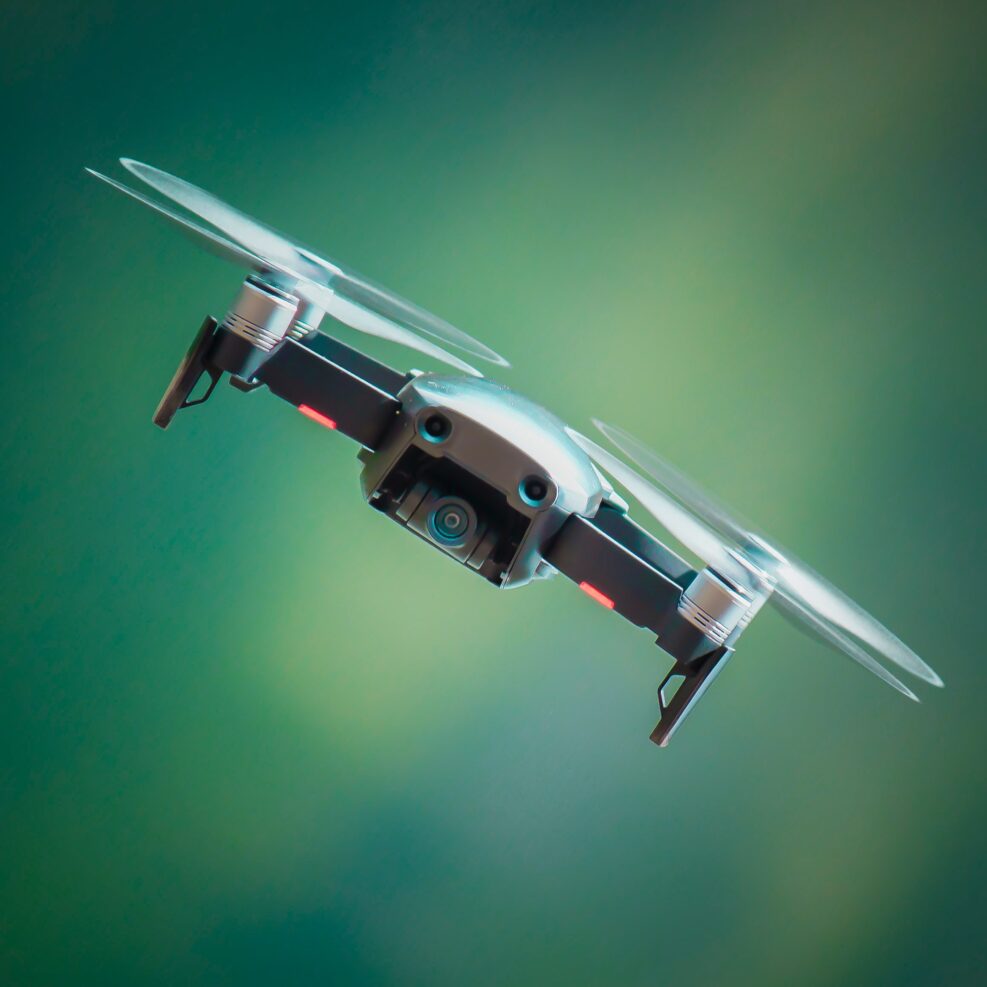
New Surveillance Tech in the UK
The debate over security and privacy rights is reaching a new levelThe government in the United Kingdom is reportedly working on a new surveillance technology that could monitor the online activity of millions of people. Critics say implementing the tech in practice would be a radical intrusion of privacy. Matt Burgess writes at Wired, Haidar of Privacy International says that creating powers to collect more of people’s data doesn’t result in “more security” for people. “Building the data retention capabilities of companies and a vast range of government agencies doesn’t mean that intelligence operations will be enhanced,” Haidar says. “In fact, we argue that it makes us less secure as this data becomes vulnerable to being misused or abused.” -Matt Burgess, The UK’s Secretive Web Surveillance Program Is Ramping Up | Read More ›


